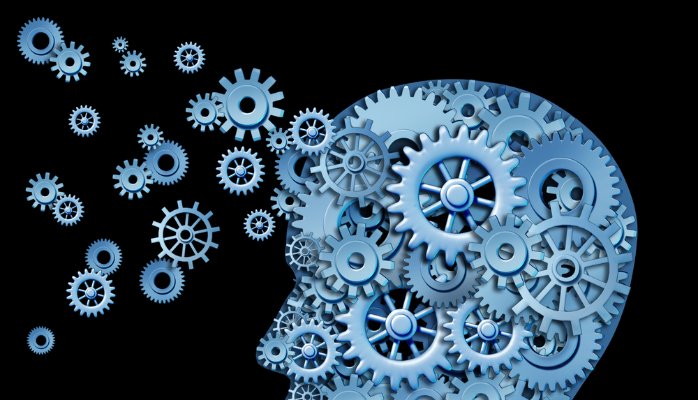If you have ever watched someone struggle with weight loss, have been through it yourself or are grappling with it at the moment- there is one thing you should know. You haven’t been failing to keep up with that rigorous diet plan because you lack self control. The reasons behind overeating are not skin deep. They are varied and intrinsically connected to our emotions and psychology. These are things that we have no control over- as they are a play of our subconscious mind. Identifying the connection between food and emotions is the first step towards taking control of your body.
Can we eat what we need?
If food was simply fuel for the body, we could eat what we needed. Our relationship with food is more complex than that. A child sees food as nurture from the moment they are born, and as reward later on (Ever been promised a chocolate if you did your homework?). We form a deep emotional and psychological relationship with food. The symbiotic relationship between food and emotions manifests itself in the form of overeating, eating addiction, binge eating and eating disorders like bulimia and anorexia if it worsens.
‘Eat, repent, repeat’
Eating disorders are as serious as any physical illness and should not be dismissed as a choice. There are people who silently undergo traumatizing experiences for years while still remaining fully functional on the outside. Intervention and help is needed for them to overcome their fears. However, there is a larger populace in contemporary society that deals with the anxiety, stress, emptiness and alienation of modern life by seeking comfort in food. It might just be a little muffin top or a pot belly to the world but they abhor themselves for it. The viscous cycle of ‘eat, repent, repeat’ is as hard to break as it is easy to fall into. People with body image issues are more susceptible to falling prey to this. Everyone’s cannot fit into the narrow frame of conventional beauty standards because we all have different genetics. A lot of people feel bad about their bodies. They dictate rigorous diets for themselves, abstaining from food items that are ‘bad’. Someone might feel that consuming a pastry is sin, because of the fat it contains. The pitfall in this punitive diet is that the thing that we deprive ourselves of, we crave the most. It is obvious that they’ll give into this craving one of these days and then feel shame and remorse for doing so. These feelings of guilt will push you deeper into the cycle.
Our sedentary lifestyles and fast food habits are major supporters of our need to overeat. Junk food has a high amount of fat, sugar and salt. These ingredients make food addictive. You get addicted to the habit of eating these items and crave for them. Fast food tastes great and is easily available making it the perfect choice for overeating. People use food as a coping mechanism to drown all their negative emotions in. The pop culture representation of a young woman eating a tub of ice-cream is not as rosy as it appears. Binge eating and overeating have deeper implications than meet the eye. Stress, anxiety, panic, tension may push you to a point where you cannot bear it anymore. When you’ve finally had enough you find your release by eating. People bury their needs for love, companionship, belonging and acceptance in the comfort of food. They shrink their needs and overextend themselves to meet the need for others. Food provides comfort when they are grieving, feeling sad that their needs aren’t met or understood. Food is the greatest source of succour for someone who does not want to show their vulnerability to others. They tend to numb themselves down by not allowing themselves to feel any emotion. They have learned to disassociate themselves. Frustration from the ups and downs of life can also drive a person to food for comfort.
From a practical point of view, food is not supposed to fulfil any of these functions. Yet people use bags of chips and ice-cream tubs as their emotional anchors. When this becomes a habit, it adversely affects your waistline. An increased waistline further feeds your insecurities.
Shame and blame are the two underlying hideous demon-heads enticing people into overeating. Shame is inherently an emotion that ‘hides’ because we naturally want to avoid it. We blame ourselves for not being good enough, for being worthless and for faltering in the diet plan. Shame is the biggest trigger for overeating. It is an exercise in self-harm as even as we know that it will make us feel worse, we overeat and find comfort in food. It is the most difficult to identify as it lurks in the background and we keep blaming ourselves for everything.
These psychological triggers are complex and drive people to overeat. Feeling shame and ‘being hard on oneself’ can only aggravate the situation. If a person is struggling to lose weight, it is likely that they are also dealing with its’ psychological triggers. Moral judgement can only make them feel worse than they already do. Identifying this behaviour is the first step to countering compulsive over-eating. Self-compassion will come in later. When you finally make peace with food, you will love your body and self. The journey to a fit body cannot be made without emotional well-being.
